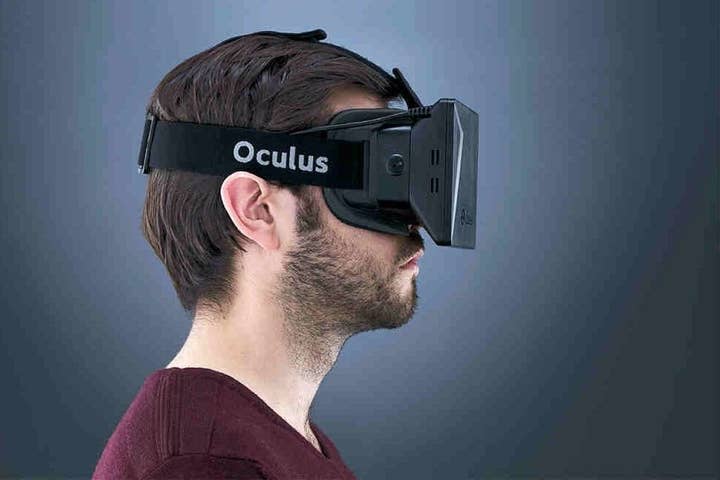ZeniMax raises the stakes in Oculus VR lawsuit
Amended complaint makes direct accusations against John Carmack, questions Luckey's role in Rift's creation
ZeniMax Media has issued an amended complaint in its lawsuit against Oculus VR, one that implicates John Carmack and calls into question Palmer Luckey's role in the emergence of the consumer VR market.
The amended document - which was sourced by Game Informer, and can be found here - makes specific allegations regarding John Carmack, who left the ZeniMax-owned id Software to join Oculus VR in November 2013.
According to the complaint, "Instead of complying with his contract, during his last days at ZeniMax, he [Carmack] copied thousands of documents from a computer at ZeniMax to a USB storage device," the amended filing (below) alleges. "He never returned those files or all copies of them after his employment with ZeniMax was terminated. In addition, after Carmack's employment with ZeniMax was terminated, he returned to ZeniMax's premises to take a customized tool for developing VR Technology belonging to ZeniMax that itself is part of ZeniMax's VR technology."
Carmack responded to a less detailed accusation back in May 2014, when he denied that any of the code he wrote while under contract at ZeniMax had been used by Oculus. At that time, Oculus dismissed the claims as "ridiculous and absurd," but ZeniMax filed suit a few weeks later.
These legal disputes are often settled out of court, but with this complaint ZeniMax has stated its intention to secure a trial by jury, and the content of its amended allegations will make it necessary for Oculus to respond in full. The reputation and standing of Oculus founder Palmer Luckey, who was named on the original complaint, is a particular focus, with ZeniMax alleging that the widely accepted story that Luckey "developed that technology in his parents' garage" was a fabrication.
"In fact, that story was utterly and completely false: Luckey lacked the training, expertise, resources, or know-how to create commercially viable VR technology, his computer programming skills were rudimentary, and he relied on ZeniMax's computer program code and games to demonstrate the prototype Rift. Nevertheless, this fraudulent tale was frequently reported in the media as fact. Luckey increasingly and falsely held himself out to the media and the public as the visionary developer of the Rift's VR Technology, which had actually been developed by ZeniMax without any substantial contribution from Luckey."
Oculus VR has issued an official response to the amended complaint, stating that it is, "one-sided and conveys only ZeniMax's interpretation of the story. We continue to believe this case has no merit, and we will address all of ZeniMax's allegations in court."
In June 2014, Oculus categorised ZeniMax's actions as an attempt to fix, "a massive missed opportunity."

